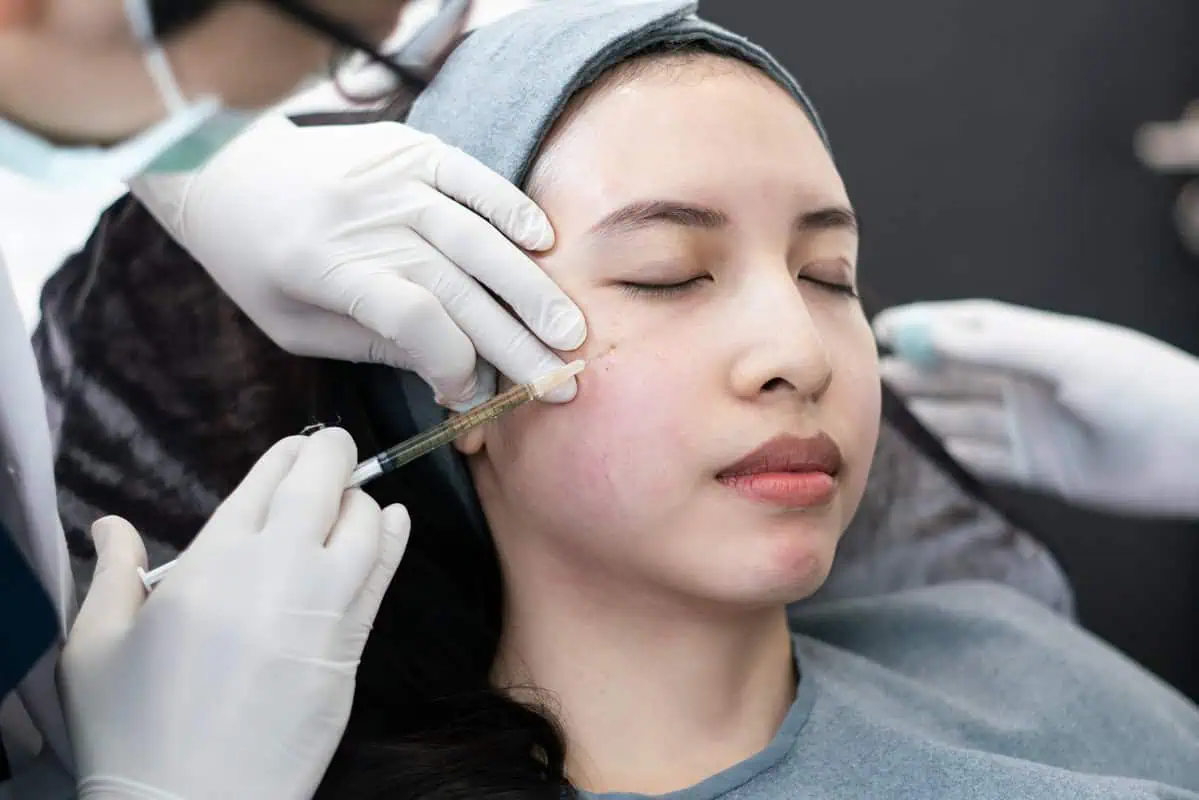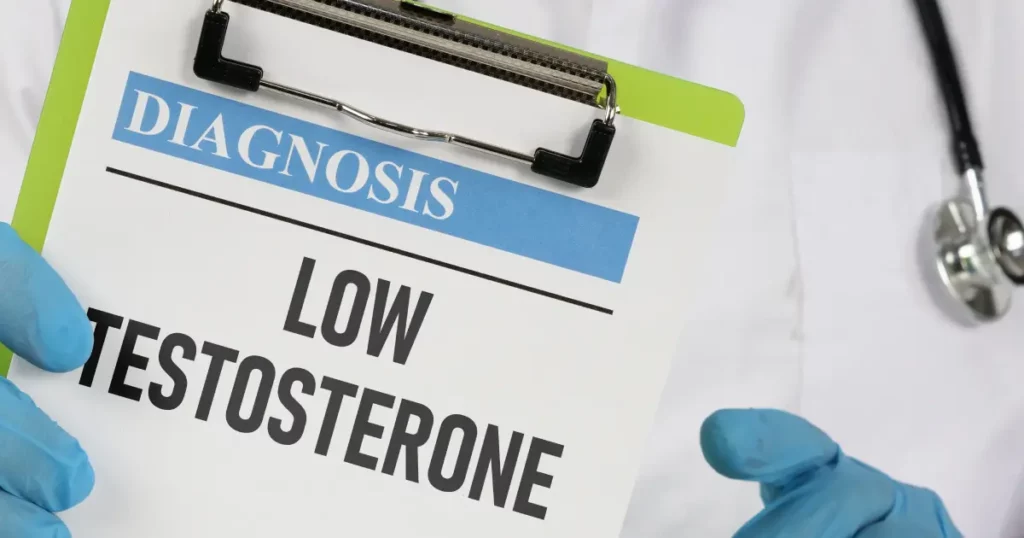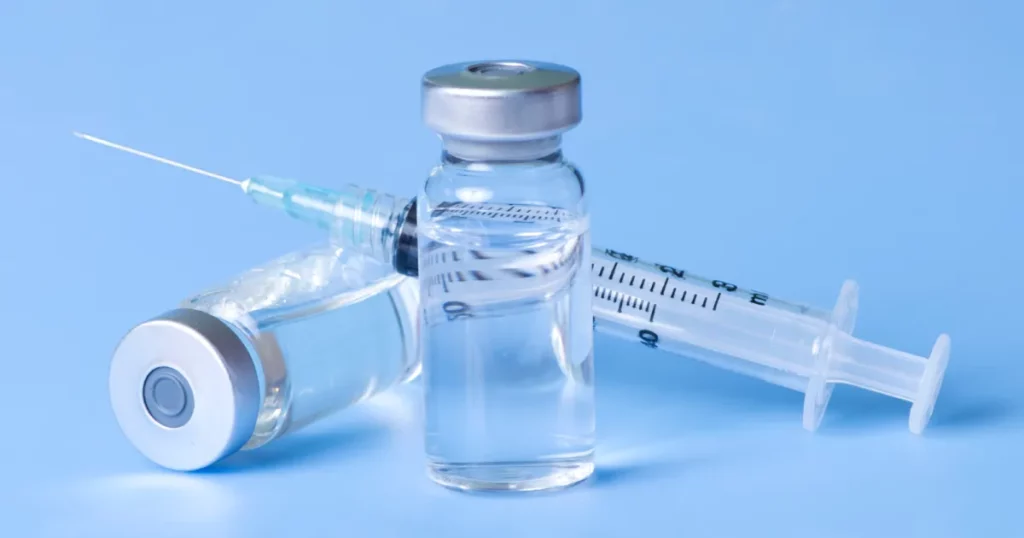Table of Contents
Undergoing minor surgery is often a straightforward and quick experience, but the healing process afterward is crucial for achieving optimal results. Whether it’s a torn earlobe repair, mole removal, skin tag removal, or scar revision, knowing how to support your body’s healing process can make all the difference in recovery. Gladiator Health MD in Riverdale, UT, specializes in minor surgical procedures tailored to men, offering treatments that address aesthetic and medical concerns. But what happens after you leave the clinic? Here’s a comprehensive guide on how to support your body’s healing process after minor surgery.
Understanding Minor Surgery
Before diving into the healing process, it’s essential to understand what minor surgery entails. Minor surgeries are less invasive than major surgeries and are often performed outpatient under local anesthesia. These procedures typically involve a small incision and minimal tissue disruption and are designed to address specific issues quickly and effectively. At Gladiator Health MD, our minor surgeries cater specifically to men’s needs, focusing on shared concerns such as:
Torn Earlobe Repair: Fixing elongated or torn earlobes due to heavy earrings or trauma.
Mole Removal: Removing moles for cosmetic reasons or health concerns.
Skin Tag Removal: Eliminating benign skin growths that may cause discomfort or irritation.
Scar Revisions: Improving the appearance of existing scars, making them less noticeable.
Each procedure is designed to provide immediate or near-immediate results with minimal downtime. However, how well you support your body’s post-surgery healing process is key to a successful outcome.
Immediate Aftercare: The First 24-48 Hours
The first 24 to 48 hours after your minor surgery are critical. This is when your body responds to the procedure and starts healing. Here’s what you should focus on:
Follow Post-Op Instructions Carefully:
Your healthcare provider at Gladiator Health MD will give you specific instructions tailored to your procedure. These may include how to care for the wound, what medications to take, and signs to watch for that might indicate a problem.
Adhere to these instructions meticulously. They are designed to minimize complications and promote faster healing.
Rest and Elevate:
Rest is crucial during the initial healing phase. Avoid strenuous activities that could strain the surgical site.
If your surgery was on a limb, keeping it elevated can reduce swelling and discomfort.
Keep the Area Clean and Dry:
Proper wound care is essential to prevent infection. Keep the surgical area clean and dry, changing dressings as instructed.
Avoid soaking the area in water (e.g., baths or swimming) until your healthcare provider gives you the green light.
Manage Pain and Discomfort:
Over-the-counter pain relievers, such as acetaminophen or ibuprofen, can help manage pain. However, avoid medications that may increase bleeding, like aspirin, unless directed by your doctor.
Applying an ice pack to the area (if recommended) can also help reduce swelling and discomfort.
Watch for Signs of Infection:
Common signs of infection include increased redness, warmth, swelling, and drainage from the incision site. Fever and chills may also indicate an infection.
If you notice any of these symptoms, contact Gladiator Health MD immediately.
Nutrition and Hydration: Fueling Your Body for Healing
Your body needs the right nutrients to repair itself after surgery. Proper nutrition is vital in wound healing, immune function, and energy levels.
Protein-Rich Diet:
Protein is the building block of tissue repair. To support healing, include lean meats, fish, eggs, dairy, beans, and legumes.
If you struggle to get enough protein through food, consider a high-quality protein supplement.
Stay Hydrated:
Adequate hydration is essential for maintaining general health and healing. Water aids in the removal of waste from the body and the transportation of nutrients to the cells.
Aim for at least 8-10 glasses of water per day, more if you’re active or live in a hot climate.
Vitamins and Minerals:
Vitamin C is crucial for collagen production, which helps repair tissues. Citrus fruits, berries, bell peppers, and leafy greens are good sources of vitamin C.
Zinc supports immune function and wound healing. Foods like nuts, seeds, and whole grains are excellent sources.
Consider a daily multivitamin if your diet is lacking in these nutrients.
Physical Activity: Gradually Returning to Your Routine
While rest is essential immediately after surgery, resuming physical activity at the right time can support your healing process.
Start Slowly:
Begin with light activities such as walking. This promotes circulation, essential for healing, without overstraining your body.
Gradually increase your activity level as your strength returns, and you get the all-clear from your doctor.
Avoid Heavy Lifting:
Lifting heavy objects or performing strenuous activities too soon can strain the surgical site unnecessarily and delay healing.
Follow your healthcare provider’s guidance on when it’s safe to resume more vigorous activities.
Incorporate Gentle Stretching:
Gentle stretching can prevent stiffness and promote flexibility around the surgical area. However, be careful not to stretch too much or too soon, as this could disrupt the healing process.
Long-Term Healing: Beyond the First Week
Supporting your body’s healing process doesn’t stop after the first few days. Long-term care is just as crucial for ensuring a full recovery.
Scar Management:
Managing the healing of the scar is crucial for procedures like scar revision. Your doctor may recommend topical treatments or silicone sheets to minimize scarring.
Protect the area from sun exposure, as UV rays can darken scars, making them more noticeable.
Regular Follow-Up Appointments:
Attending your follow-up appointments at Gladiator Health MD is essential. Your provider will assess your healing progress and address any concerns.
If any issues arise, such as excessive scarring or prolonged pain, these can be addressed promptly.
Listen to Your Body:
Everyone heals at their own pace. Pay attention to how your body feels and avoid pushing yourself too hard too soon.
Rest when needed, and don’t hesitate to contact your healthcare provider if something doesn’t feel right.
Conclusion: Partnering with Gladiator Health MD for a Successful Recovery
At Gladiator Health MD in Riverdale, UT, we understand that minor surgery is just the beginning of your journey. The real success lies in how well you support your body’s healing process afterward. You can ensure a smooth and effective recovery by following these guidelines on postoperative care, nutrition, physical activity, and mental well-being. Remember, every step you take after surgery contributes to the overall success of your procedure. With the proper care and attention, you can look forward to healing and thriving, with results that last a lifetime. Don’t hesitate to contact us for more personalized advice or to learn about the minor surgery options available at Gladiator Health MD. We’re here to support you every step of the way.



